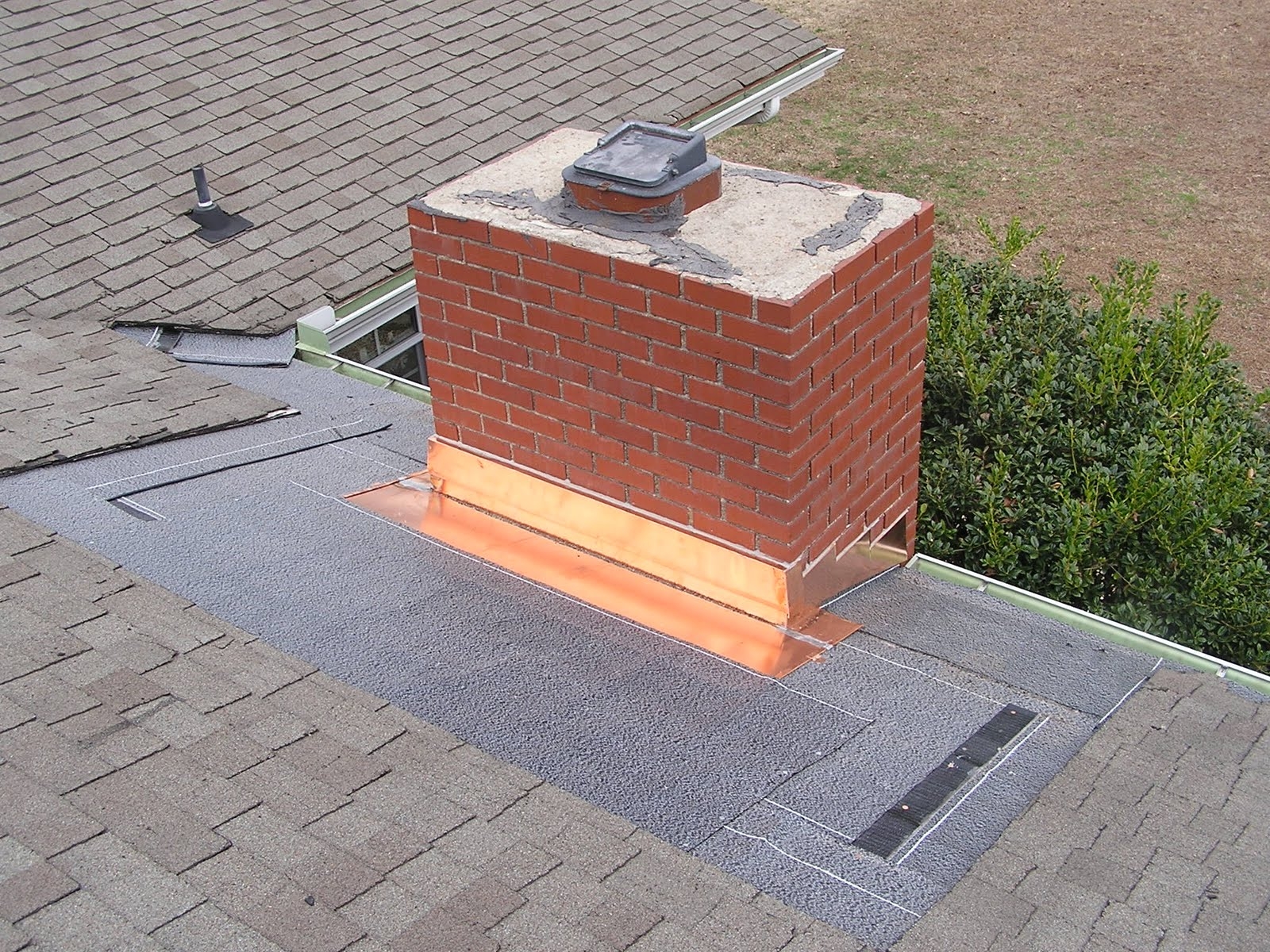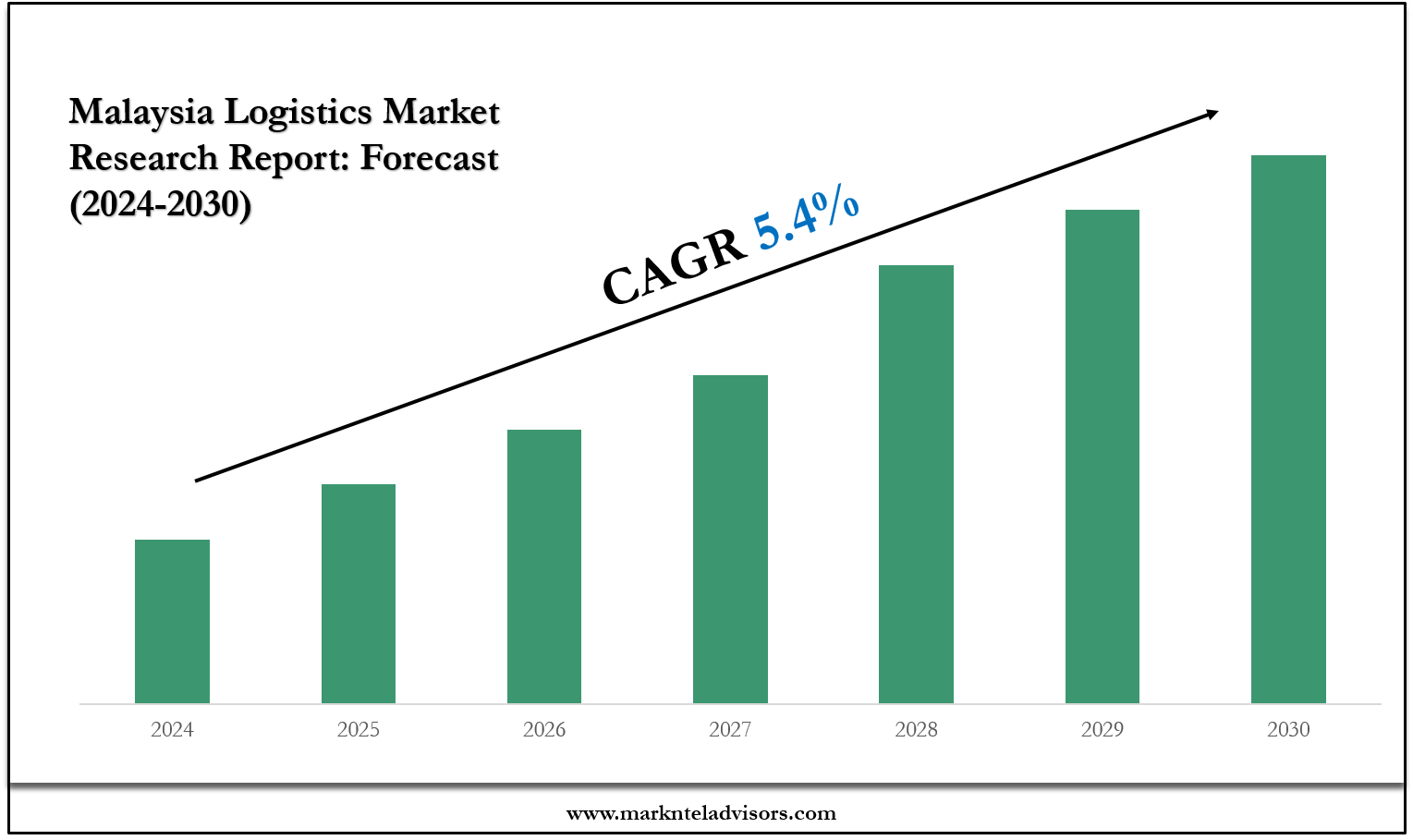Caring for an elderly loved one is a noble yet challenging responsibility. Whether you’re a family member or a professional caregiver, understanding the fundamentals of old age care is crucial to offering the best support. As life expectancy increases, more families are seeking trusted information on how to care for aging parents, grandparents, or clients. This guide will help you navigate the essentials of old age care—its meaning, scope, and practical tips—so you can confidently step into your role as a caregiver.
Understanding Old Age Care
Old age care, often referred to as elderly care or senior care, encompasses a range of services designed to meet the physical, emotional, and social needs of older adults. It includes assistance with daily activities, medical care, mobility support, and companionship. The goal is to improve quality of life, preserve dignity, and support independence for as long as possible.
With advancements in healthcare, many seniors are living longer but may also experience chronic conditions, reduced mobility, or cognitive decline. This makes personalized, compassionate care not just helpful but essential. Whether it takes place in the home, in an assisted living facility, or through community services, old age care aims to address the unique needs of each individual.
Types of Old Age Care Services
There’s no one-size-fits-all approach to elderly care. The right care plan depends on the senior’s health status, lifestyle preferences, and family support system. Here are some common forms of old age care:
In-Home Elderly Care
This is one of the most preferred options for seniors and families. In-home care services allow elderly individuals to stay in the comfort of their own homes while receiving the assistance they need. Services can include help with bathing, dressing, meal preparation, medication management, and light housekeeping.
In-home care also includes physical therapy, especially for seniors recovering from surgery or managing chronic pain. At Reactive Physio, in-home physiotherapy for seniors in Lahore is one of our specialized services, offering tailored exercise plans to promote strength, balance, and mobility.
Assisted Living Facilities
Assisted living is ideal for seniors who don’t require intensive medical care but do need help with daily activities. These facilities provide private or semi-private rooms, meals, recreational activities, and 24/7 supervision. Social interaction is a major benefit here, as residents get to participate in group events, hobbies, and wellness programs.
Nursing Homes and Long-Term Care
When medical needs are more advanced, nursing homes become a suitable option. These facilities are staffed with trained nurses and healthcare professionals to manage complex medical conditions, offer physical and occupational therapy, and provide around-the-clock supervision. It’s a more clinical setting, designed for seniors who need continuous care.
Adult Day Care Centers
These are community-based programs where seniors can spend the day in a supervised environment while their primary caregivers are at work or need respite. Services often include meals, social activities, exercise, and basic health monitoring. It’s a great solution for balancing care responsibilities with personal or work commitments.
Hospice and Palliative Care
Hospice care focuses on comfort and quality of life for seniors with terminal illnesses. It addresses pain management, emotional support, and end-of-life care in a dignified, compassionate manner. Palliative care, although similar, can be offered alongside curative treatments for those dealing with serious but not necessarily terminal conditions.
Daily Living Support: What Do Seniors Need Help With?
As seniors age, they may require help with basic activities of daily living (ADLs), such as:
- Bathing and personal hygiene
- Dressing and grooming
- Using the toilet
- Mobility and transferring (e.g., from bed to chair)
- Meal preparation and feeding
- Medication reminders
- Household chores
Providing support in these areas promotes safety and helps seniors maintain a sense of independence, which is vital for emotional well-being.
The Role of a Caregiver
A caregiver can be a family member, friend, or trained professional who supports an elderly person physically and emotionally. As a caregiver, you are not just helping with tasks—you’re offering companionship, peace of mind, and advocacy. Your role may include:
- Monitoring health changes
- Coordinating medical appointments
- Assisting with physical therapy or exercises
- Providing emotional support
- Keeping the home safe and clean
- Managing finances or legal affairs (in some cases)
Caregiving requires patience, empathy, and organization. Over time, many caregivers build a deep bond with the person they’re helping, making the role personally rewarding despite its challenges.
Geriatric Care Management
For families unsure about how to begin, a geriatric care manager can be an invaluable resource. These professionals assess the senior’s needs, recommend care plans, coordinate services, and even help with crisis management. They’re often nurses or social workers trained in elderly care and can help ensure the best outcomes.
Why Physical Therapy Is Important in Old Age Care
One of the biggest challenges seniors face is reduced mobility. Falls, arthritis, joint pain, and muscle weakness can greatly impact independence. This is where physical therapy becomes essential. At Reactive Physio, we offer customized physiotherapy programs for seniors in Lahore, designed to:
- Prevent falls through balance training
- Improve mobility with targeted exercises
- Reduce chronic pain through stretching and movement
- Support recovery from surgery or injury
- Promote cardiovascular health through low-impact activities
Therapy sessions can be done at home or in a clinic, depending on what’s best for the patient. Either way, physical therapy should be a core part of any old age care plan.
Emotional and Mental Well-Being of Seniors
Old age isn’t just about physical changes—it often brings emotional shifts as well. Many seniors experience feelings of loneliness, depression, or anxiety due to the loss of a spouse, retirement, or isolation. Supporting mental well-being is just as important as managing physical health.
Caregivers can help by:
- Encouraging social interaction with family or friends
- Arranging visits to community centers or clubs
- Supporting hobbies and interests
- Providing regular companionship
- Connecting with therapists or counselors if needed
Simple acts like listening to stories, playing a game, or sharing a meal can make a huge difference in a senior’s mental health.
How to Create a Safe Home Environment for Seniors
Safety is a top concern in old age care. A few home modifications can greatly reduce the risk of injury:
- Install grab bars in bathrooms
- Use non-slip mats and rugs
- Ensure good lighting in hallways
- Remove clutter and loose cords
- Use walkers or canes as needed
- Place frequently used items within easy reach
By making the home more senior-friendly, you enhance both safety and independence.
Financial Considerations in Elderly Care
Elderly care can be expensive, depending on the level of support required. Planning ahead can ease the burden. Explore options like:
- Long-term care insurance
- Government healthcare programs
- Private savings or pension plans
- Subsidized home care services
In Pakistan, home-based elderly care is often more affordable than institutional care, especially when provided by local services like Reactive Physio. Understanding your options early allows you to make informed, cost-effective decisions.
Training and Support for Caregivers
Being a caregiver is demanding, and no one should have to do it alone. Thankfully, there are caregiver support groups, workshops, and online resources that provide valuable training and emotional support. Learn about:
- Time management techniques
- Stress-reduction strategies
- Basic medical knowledge (e.g., how to check blood pressure)
- CPR and emergency response
- Nutrition planning for seniors
Many caregiving courses are available online or through community centers. Education helps you feel more confident and competent in your role.
When to Seek Professional Help
It’s important to know your limits. If a senior’s condition becomes too complex or time-consuming for one person to manage, consider involving professionals. You can hire:
- Home nurses
- Physiotherapists
- Personal support workers
- Geriatric doctors
- Mental health professionals
At Reactive Physio, our team in Lahore is dedicated to supporting families with expert home care services, personalized physiotherapy, and professional guidance.
Conclusion
Old age care is more than a checklist of tasks—it’s a commitment to improving the life of someone who once took care of others. As a caregiver, your support plays a vital role in helping seniors live with dignity, comfort, and joy.
Whether you’re just starting or have been on this journey for a while, know that help is available. From physical therapy to daily support services, you don’t have to do it alone.
Explore more about senior care services and home physiotherapy for the elderly in Lahore at Reactive Physio—where compassionate care meets professional expertise.



